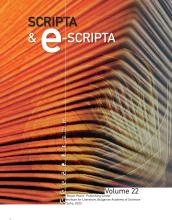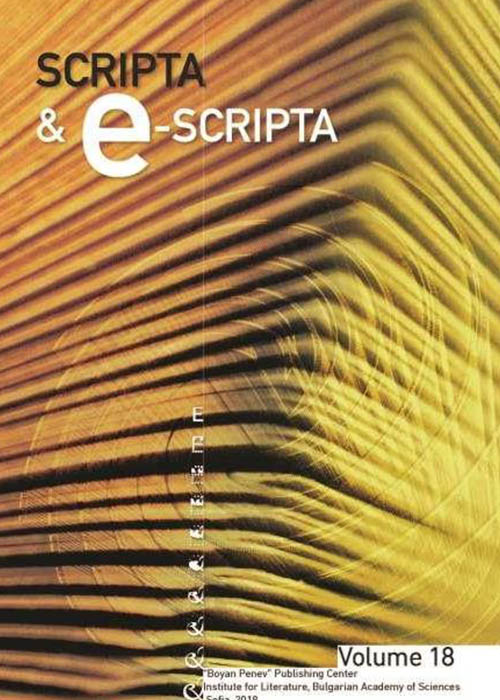The article discusses the uncommon definite forms (with pronominal declension) of the possessive adjectives formed with -ов-, -ь and -ии/-ьи in the Old Bulgarian translation of Athanasius of Alexandriaʼs Orations Against the Arians, carried out by Konstantin of Preslav in 906. The translation survives only in Russian manuscripts ranging from the 15th to the 18th centuries. The Russian origin of the manuscripts raises the following question: have the definite forms of the possessive adjectives discussed here been the result of the spreading of the manuscripts in a Russian environment? Although rare, definite forms of possessive adjectives ending in -ов-, -ь and -ии/-ьи have been found in Old Bulgarian and Middle Bulgarian texts. This means that although uncommon, these forms were part of the Old Bulgarian language and the bishop Konstantin of Preslav could have used this declension model. The author argues that the uncommon definite forms of the possessive adjectives божии, отьчь, дѹховъ, съпасовъ, хрьстовъ are part of the translation strategy of bishop Konstantin of Preslav to distinguish between God the Father, God the Son, the Holy Spirit, and Christ the Saviour, on the one hand, and created beings, on the other hand.

